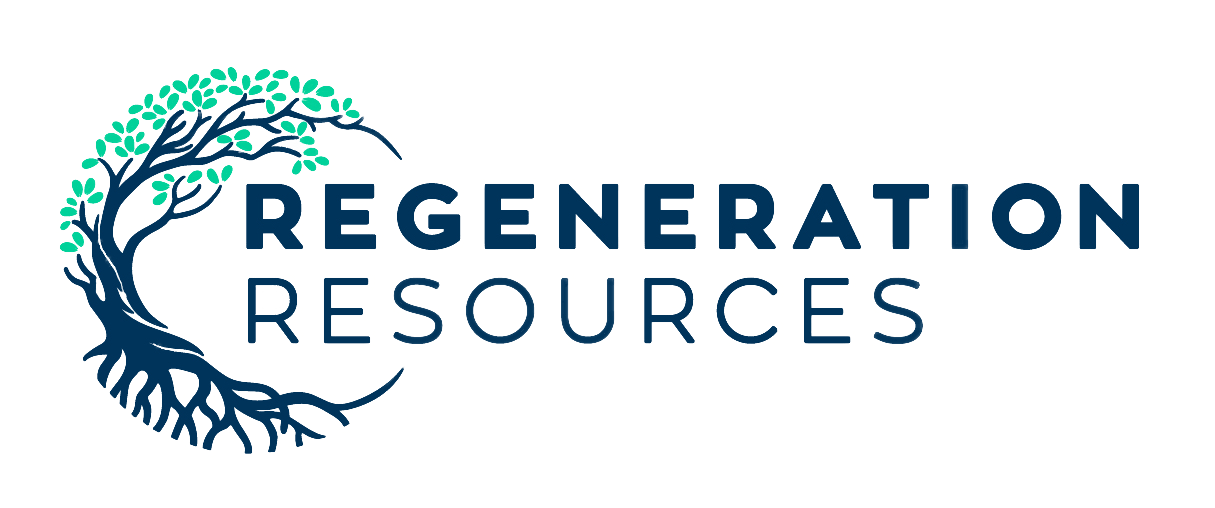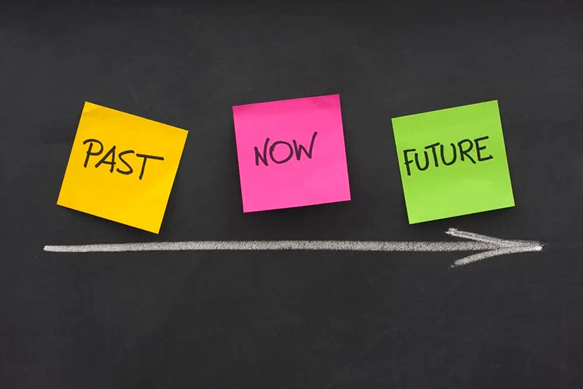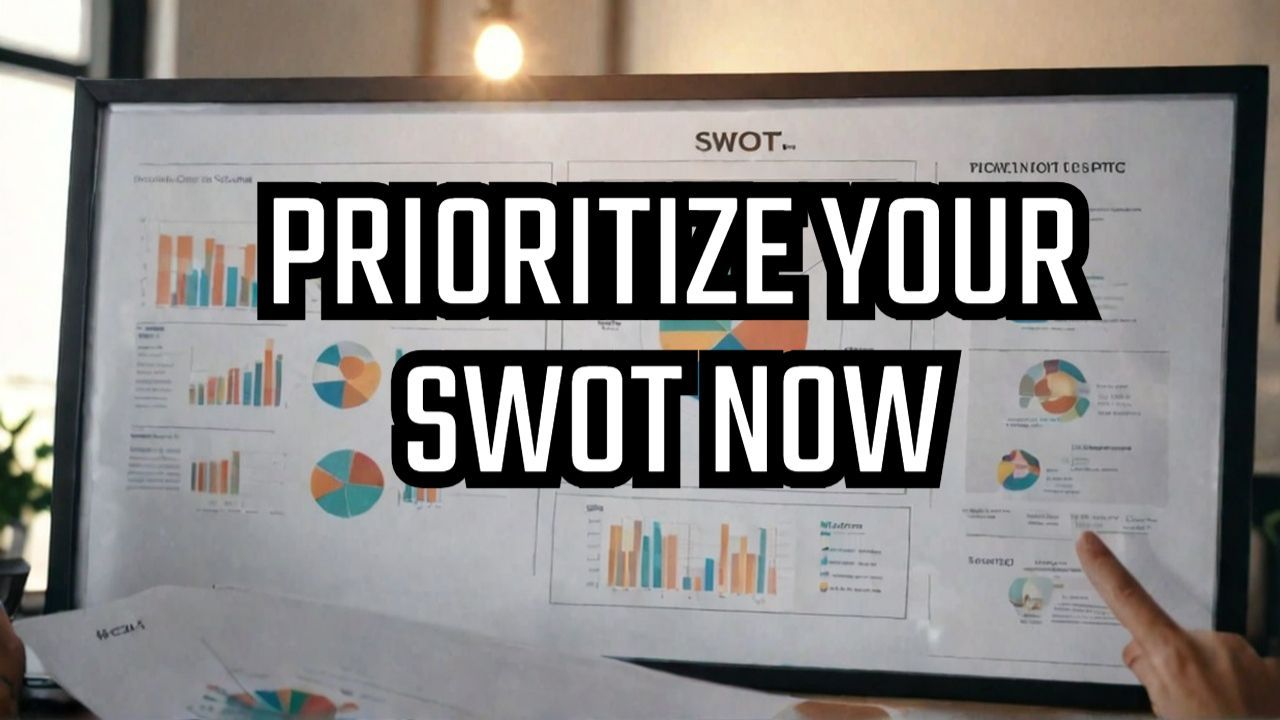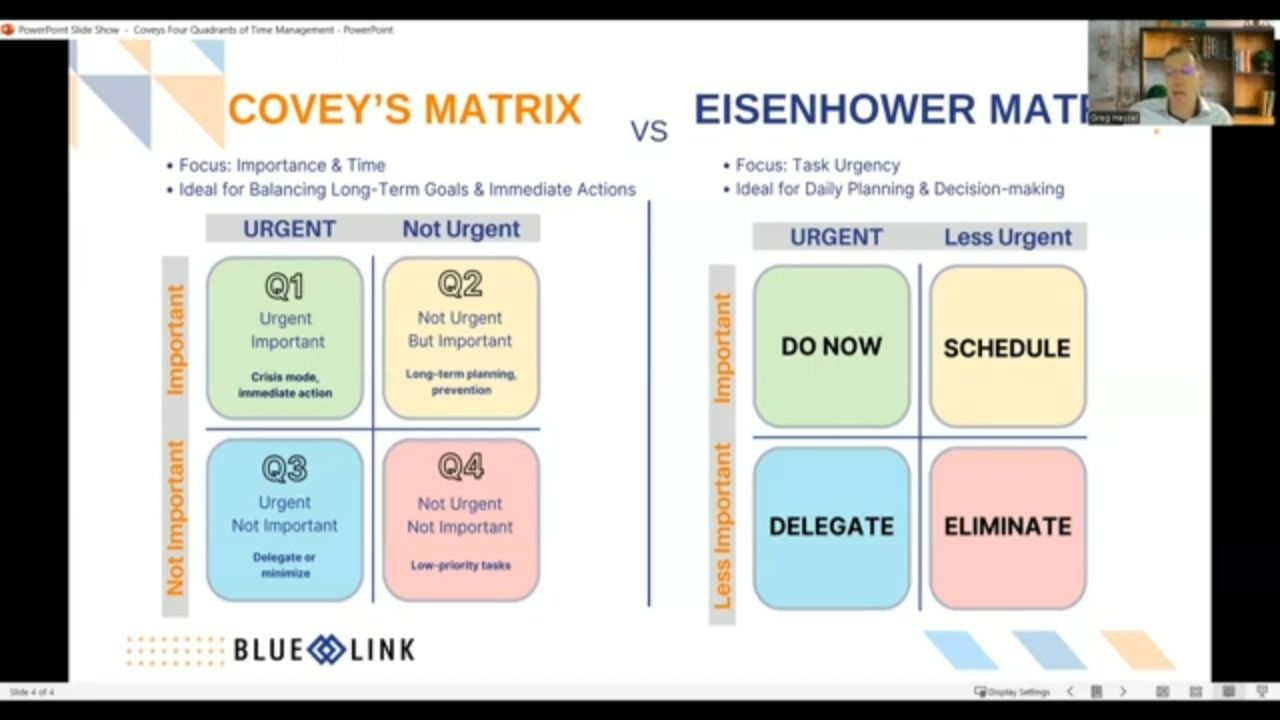Conflict Management 101: Blame vs. Contribution
Tools for Engaging in Difficult Conversations
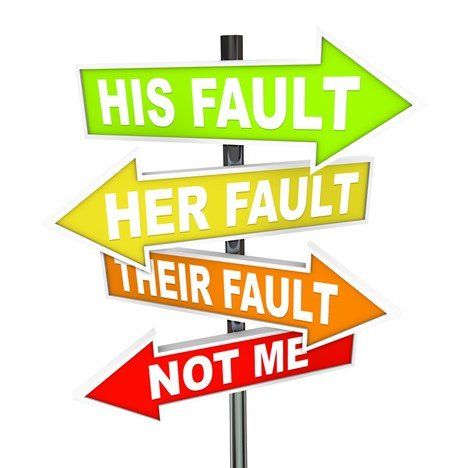
Many difficult conversations focus on who was to blame. Trying to establish blame almost always leads to defensiveness and counter accusations however, looking at how each party contributed to a conflict can be helpful. The difference is that blame only addresses the actions of one party and contribution assumes both parties did something to create the problem.
If our mindset is that the conflict is all one person’s fault, it will be hard to resolve it or to learn anything new that might keep the problem from repeating itself. Even if you believe your contribution is minor compared to that of the other parties, talking about your own contribution can help soften the other person so that they are more comfortable talking about their own contribution.
Contributions to conflicts can be subtle. I once worked with a client who never addressed a conflict directly. While she believed the problem should have been obvious to her co-worker, her indirectness contributed to it. This is not to say the conflict was her fault. Fault, like blame assumes only one person contributed. Establishing fault is the role of the courts. And while we may be tempted to establish fault in our interpersonal conflicts, doing so increases the risk that the conflict will escalate. If you are unsure of how you might have contributed, ask the other party what you could do differently in the future. This will help you learn something new and prevent similar conflicts in the future.
See more Conflict Management blogs/vlogs
Every few months I produce a free newsletter. No Spam. Unsubscribe anytime.
For a taste, view the archives
SUBSCRIBE
Blogs and vlogs are sorted by topic at the bottom of each service page
STRATEGIC PLANNING
CHANGE MANAGEMENT
CONFLICT MANAGEMENT
TEAM BUILDING
ASSESSMENTS
EXECUTIVE COACHING
IMPROVING EFFICIENCY
BOARD DEVELOPMENT
